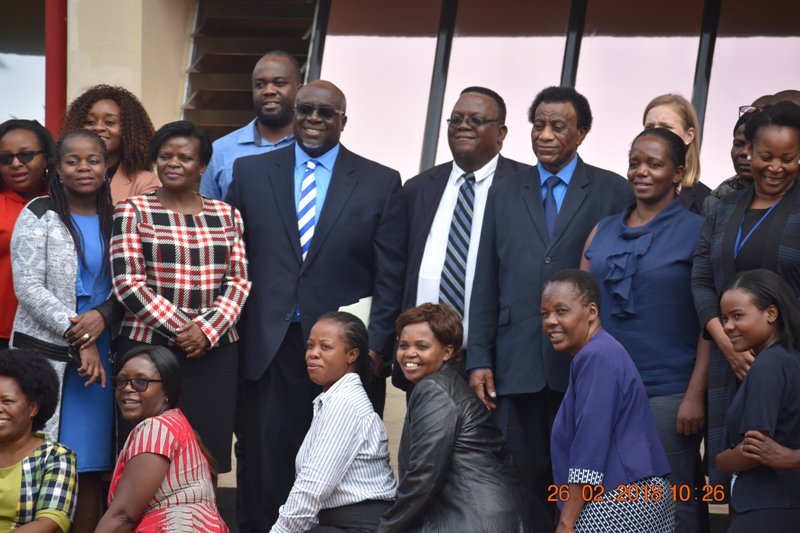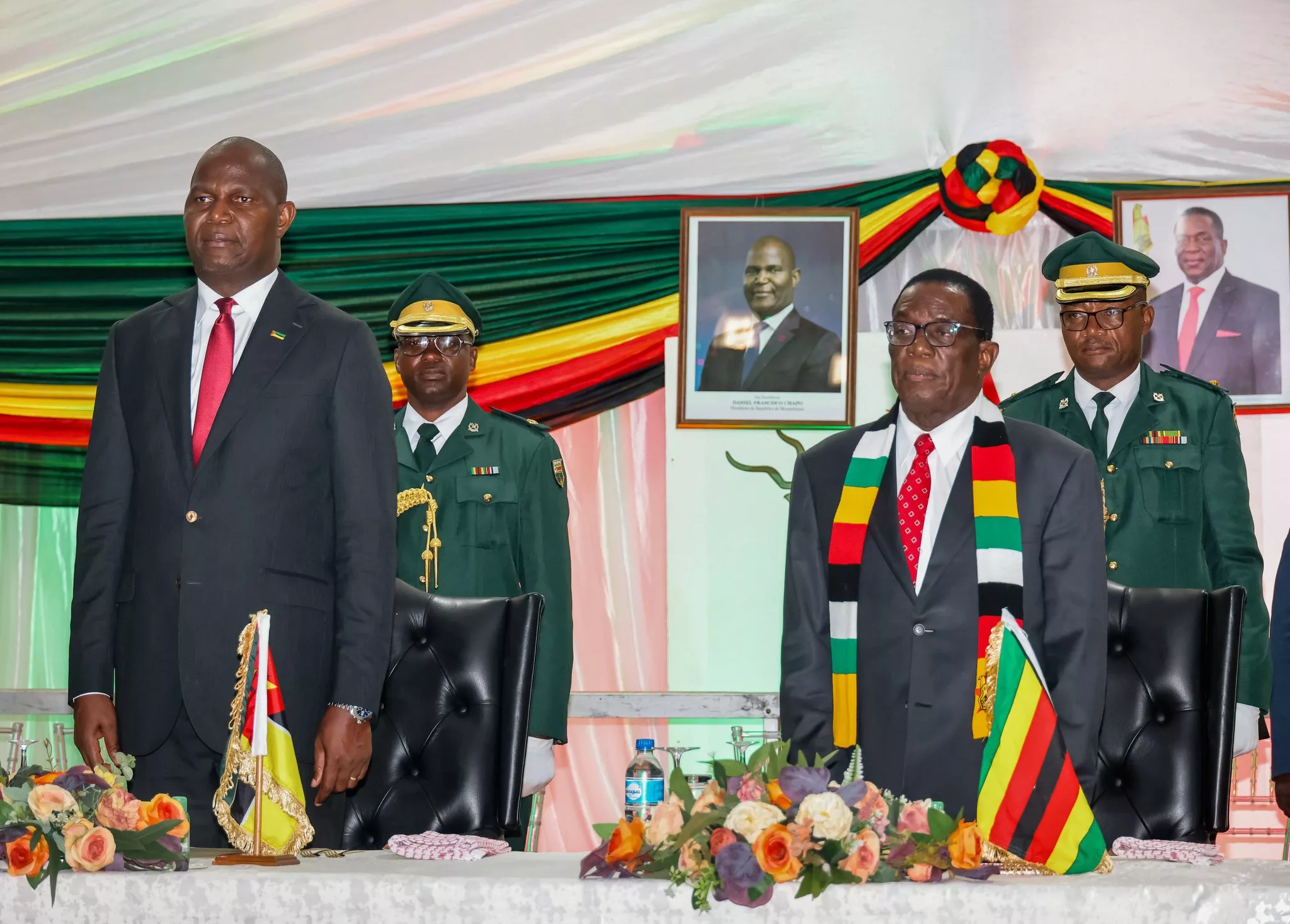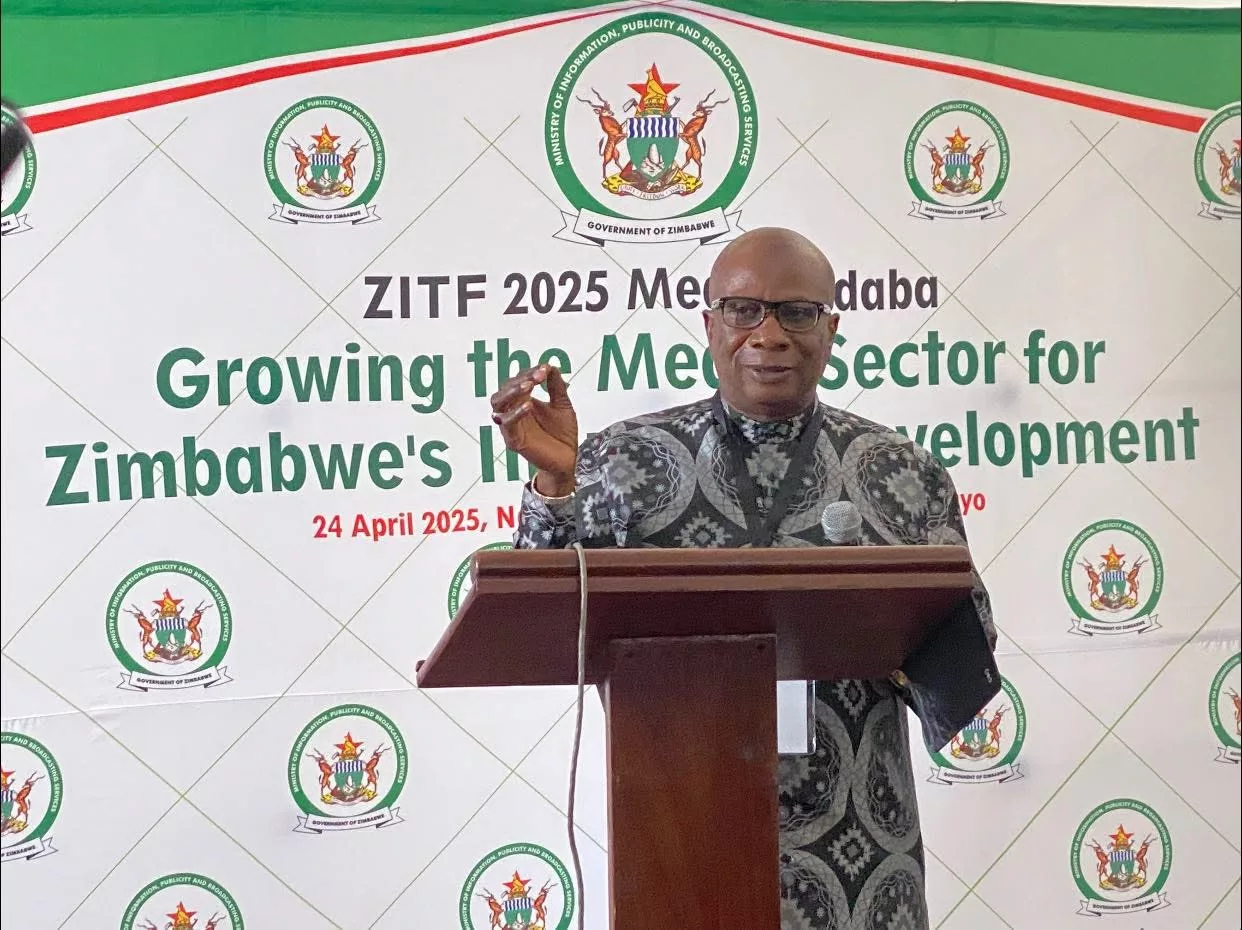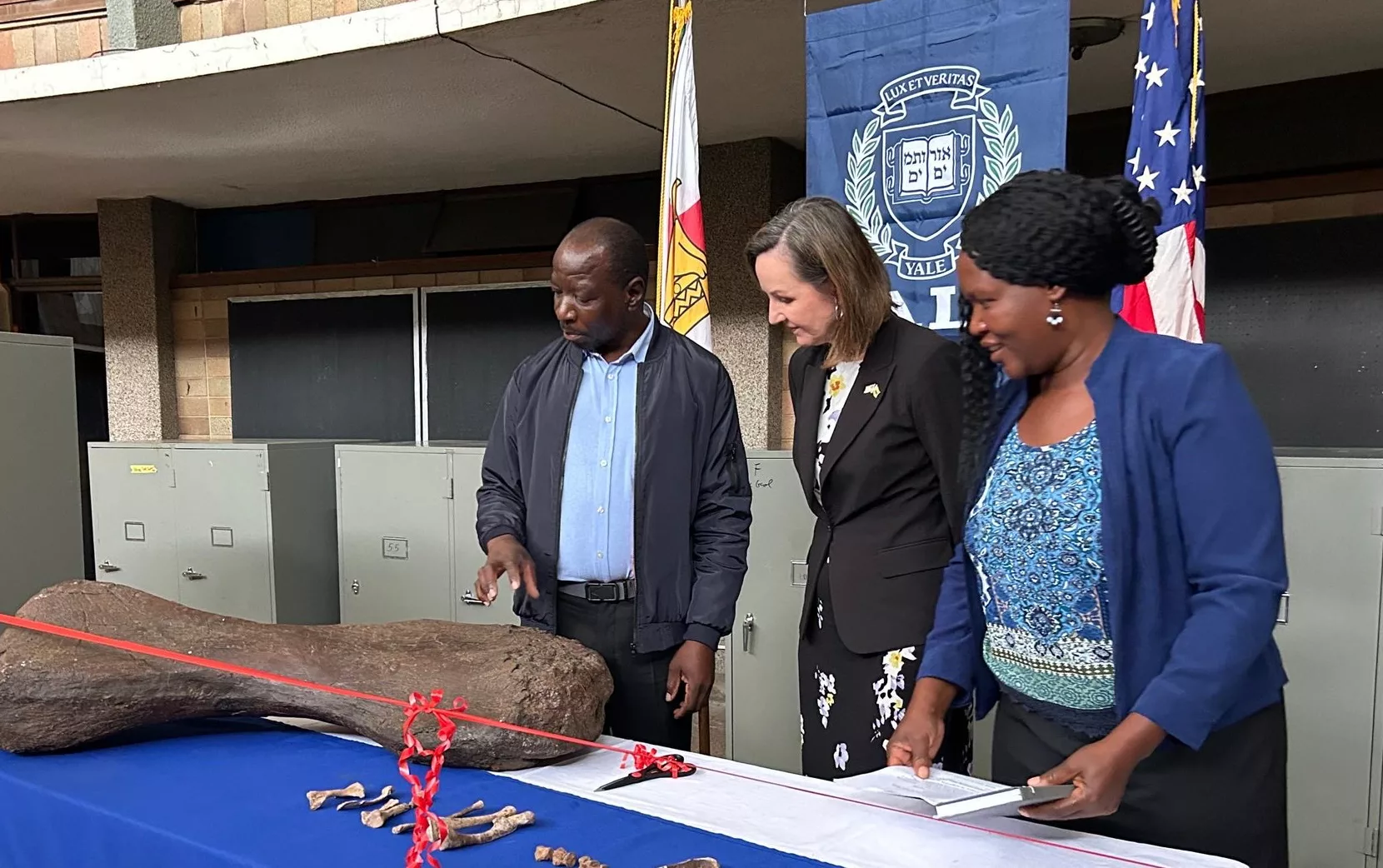By Byron Mutingwende
The United States Department of State’s Office to Monitor and Combat Trafficking in Persons (JTIP) and the US Embassy in Harare, Zimbabwe are offering support to the International Organization for Migration’s (IOM) mission for the implementation of training for both state and non-state shelter management staff to assist victims of trafficking.
In his welcome remarks at the opening session of the training for Shelter Management Staff on Provision of Assistance to Victims of Trafficking, Ambassador Harry K. Thomas (Jr), the Ambassador of the United Sates to Zimbabwe said the initiative was meant to enhance support to victims of human trafficking.
“I am confident this training will better equip you to assist survivors of human trafficking, and I commend you for recommitting yourselves to helping your communities.
“Trafficking in persons is modern day slavery. We should not sugarcoat it. It is the exploitation of men, women, and children through acts of violence or threats of violence, manipulation and psychological control,” Ambassador Thomas said.
He said human trafficking had become a 150 billion dollar industry that touches millions of lives across the globe and occurs in every country of the world, including in the United States and in Zimbabwe.
“Trafficking is a hidden crime, making it extremely difficult to quantify; however, there are an estimated 20 million victims that we know of. The majority of those victims worldwide are women and girls.
“Given the scale of the problem, it will take a global effort to effectively combat it and we all have much work to do. To start, we can achieve a great deal by raising awareness through programmes aimed at warning vulnerable populations of the risks of trafficking. Efforts by governments to prosecute trafficking offenders are also critical.”
The Ambassador emphasised on the need to support the victims. These include the young child, separated from family, who is forced into commercial sex. The single woman, moving from a rural community into the city, who is trapped in an abusive relationship as a domestic servant. The promises of legitimate work in the Middle East, which turn out to be exploitative situations radically different from what was promised. These are the individuals who deserve our greatest attention and care.
This important work – of protecting those in our society who have become the targets of exploitation – is fundamental to any larger strategy aimed at stamping out the scourge that is human trafficking.
The Ambassador said the United States has partnered with Zimbabwe and the International Organization for Migration to help those who are serving as front-line responders in the fight against human trafficking. The training will help them better understand the rights of trafficking victims and how to provide them with specialised, victim-centred services to support them in their rehabilitation.
The United States seeks to eradicate this global scourge in the 21st Century. Training is being offered to the Government of Zimbabwe, particularly the Ministry of Labor and Social Welfare, as well as Musasa, the International Organization for Migration.
Ms Lily Sanya, the IOM Chief of Mission to Zimbabwe said her organisation is dedicated to promoting humane and orderly migration for the benefit of all and has built considerable counter-trafficking expertise, through the implementation of over 1000 counter-trafficking projects in over 100 countries since the early 90’s.
“IOM has developed a relevant set of guidelines for use by practitioners, reflecting the internationally accepted principles of victim protection: safety, privacy, equitable care, cultural-sensitivity, respect of the rights and dignity of the individual and the primacy of a victim-centered approach.”
She said the training was meant to enhance the capacity of shelter management staff on the appropriate operational standards of care and assistance to trafficked persons, paying special attention to the psychosocial aspects of the trafficking experience.
To increase their capacity and effectiveness, it is important for field practitioners to familiarise themselves with the fundamental concepts underlying the stages of human trafficking and particularly the impact on the trafficked persons. Victims often require social services for safety and recovery. Providing victims with support services can help them get the help they need, allowing them to be of greater assistance during an investigation.
Central to IOM‘s approach is a specific focus on migrants‘ needs and vulnerabilities, to ensure that protection, assistance and reintegration packages fit individuals needs and contribute to providing them with a dignified, second chance in life after exploitation.
IOM has been working with the government of Zimbabwe at different levels on countering human trafficking because we recognize that everyone has a crucial role to play in counter-trafficking. And indeed, in the Global Plan of Action to Combat Trafficking in Persons adopted by the UN General Assembly on 30 July 2010 – policy makers are called upon to be a part of an integrated and multidisciplinary approach to fight human trafficking. Implementation principles mainly focus on what we refer to as the 4Ps – Prevention, Protection, Prosecution and Partnership.
IOM Zimbabwe has worked closely with the government of Zimbabwe (GoZ) in the development of a National Plan of Action (NAPLAC) to address TIP as well as supported it to establish a TIP Secretariat in the Ministry of Home Affairs and Cultural Heritage. IOM also provides technical support to the Inter-Ministerial Committee on TIP at their quarterly meetings.






